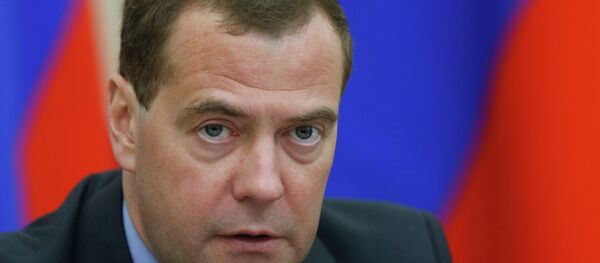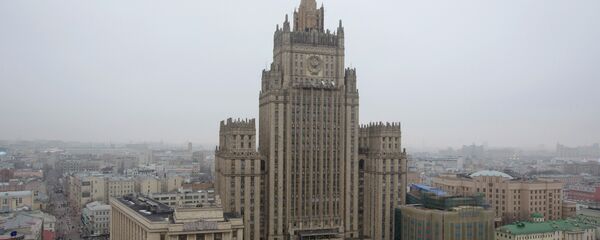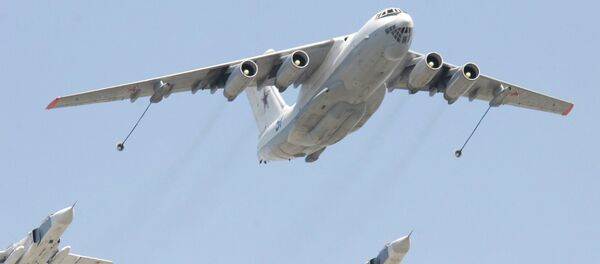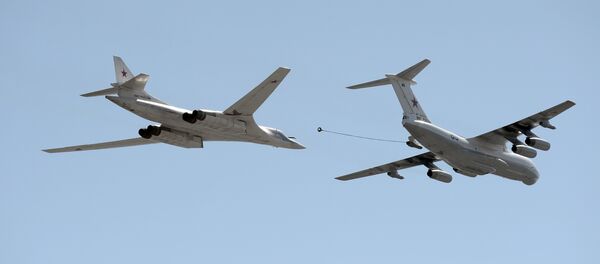The whole episode raised eyebrows among some who weren’t aware that Russia and Vietnam were currently enjoying such close relations in the first place, as well as those who questioned what interest the US has in Vietnam in the 21st century. All of this draws attention to the larger issue just beneath the surface, which is the triangle of interests that Vietnam is balancing between the US, Russia, and China. As its leadership’s actions seem to indicate, the country’s number one foreign policy priority is to stand independently strong from China, and it’s using its relationships with Washington and Moscow to achieve this.
The American Angle
Robust Russian Relations
Diversifying their relations, Vietnam and the Russian-led Eurasian Union clinched a free trade agreement back in December that should enter into force later this year. On top of that, Russia is helping to construct the planned Ninh Thuan 1 nuclear power plant, which will be the country’s first nuclear energy facility. This shows that Russia is able to be more than a simple weapons provider to Vietnam, and that it can offer the country benefits that it can’t receive elsewhere. Considering their robust relations, it’s obvious why Vietnam refused to listen to the US and halt its cooperation with Russia.
Chinese Complications
Despite this drama, China is Vietnam’s single-largest overall trade partner, and the opportunity is certainly there that Beijing can integrate the country into its proposed Free Trade Area of the Asia-Pacific (China’s response to the TPP), if Hanoi so chooses. Either way, Vietnam must delicately balance its moves vis-à-vis China in order to avoid provoking it and risking a full-blown conflict, which in any case, would only play to the interests of the US in its ultimate policy of Chinese containment. Should the two butt heads (be it on land or at sea), then US would gleefully exploit such a situation to rush its military units into the region for a long-term stay, thereby mirroring the same thing it did in Eastern Europe as a result of the Ukrainian Crisis that it helped manufacture.





